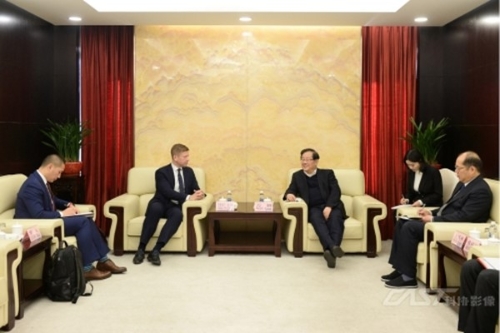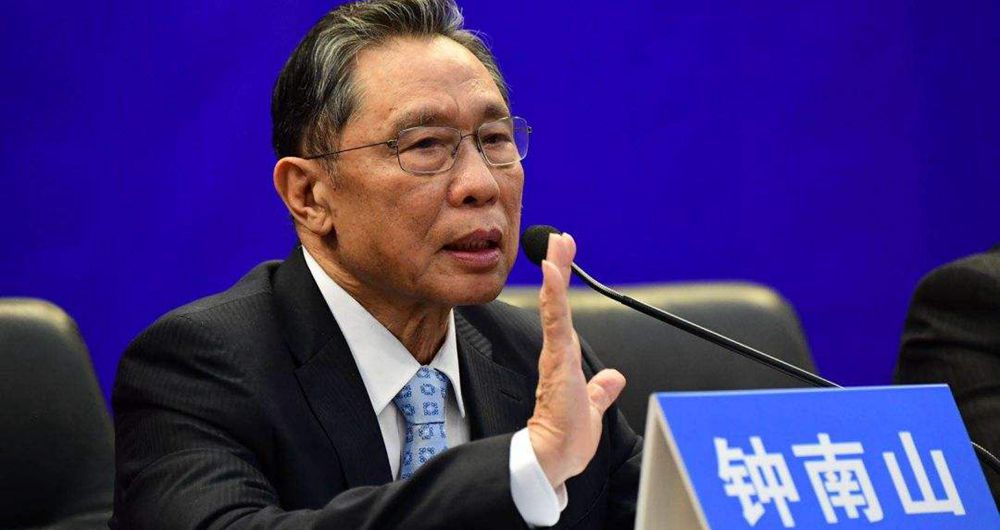Wan Gang meets with first head of CEM Secretariat Christian Zinglersen
Both sides jointly deepen international research so that the whole world can benefit from clean energy development.
Wan Gang, vice chairman of the National Committee of the Chinese People’s Political Consultative Conference (CPPCC) and president of the China Association for Science and Technology (CAST), met with Christian Zinglersen, first head of the Secretariat of the Clean Energy Ministerial (CEM) in Beijing on December 13, 2019.
The two sides held in-depth exchange of views on the growth of CEM, the use of clean energy, and the development of the new energy vehicle (NEV) industry.
Wan Gang (R 3rd), president of CAST, meets with Christian Zinglersen (L 2nd), first Head of the Secretariat CEM in Beijing on December 13, 2019.
Wan extended warm welcome to the guests, and expressed his appreciation of the role CEM has played in advancing clean energy technology and deepening international exchanges and cooperation.
He noted that in today’s globalized world, the auto industry is undergoing the most profound transformation in a century, reshaping the ways vehicles are powered, manufactured, operated and sold.
Wan told the guests that China has just published a draft of its NEV industry development plan (2021-2035) to solicit public opinions.
China will formulate a series of policies to support NEV promotion, infrastructure construction, R&D, and energy structure adjustment, said Wan, adding that China is set to be a bigger NEV market for global automakers.
Zinglersen thanked CAST for its reception, and applauded China’s clean energy policies and measures.
He spoke highly of the Electric Vehicles Initiative (EVI), an initiative under the CEM that was jointly proposed by China and the United States, saying that it has received favorable responses from many countries and the International Energy Agency (IEA).
Describing China as a country significant to CEM’s growth, Zinglersen hoped that CEM and China will strengthen cooperation in driving CEM’s diversity efforts as well as its efforts to garner diverse supports.
He also hoped that the two sides will jointly deepen international research so that the whole world can benefit from clean energy development.
Also joining the meeting were officers of CEM Secretariat, Department of International Affairs of CAST, and the China Society of Automotive Engineers.




